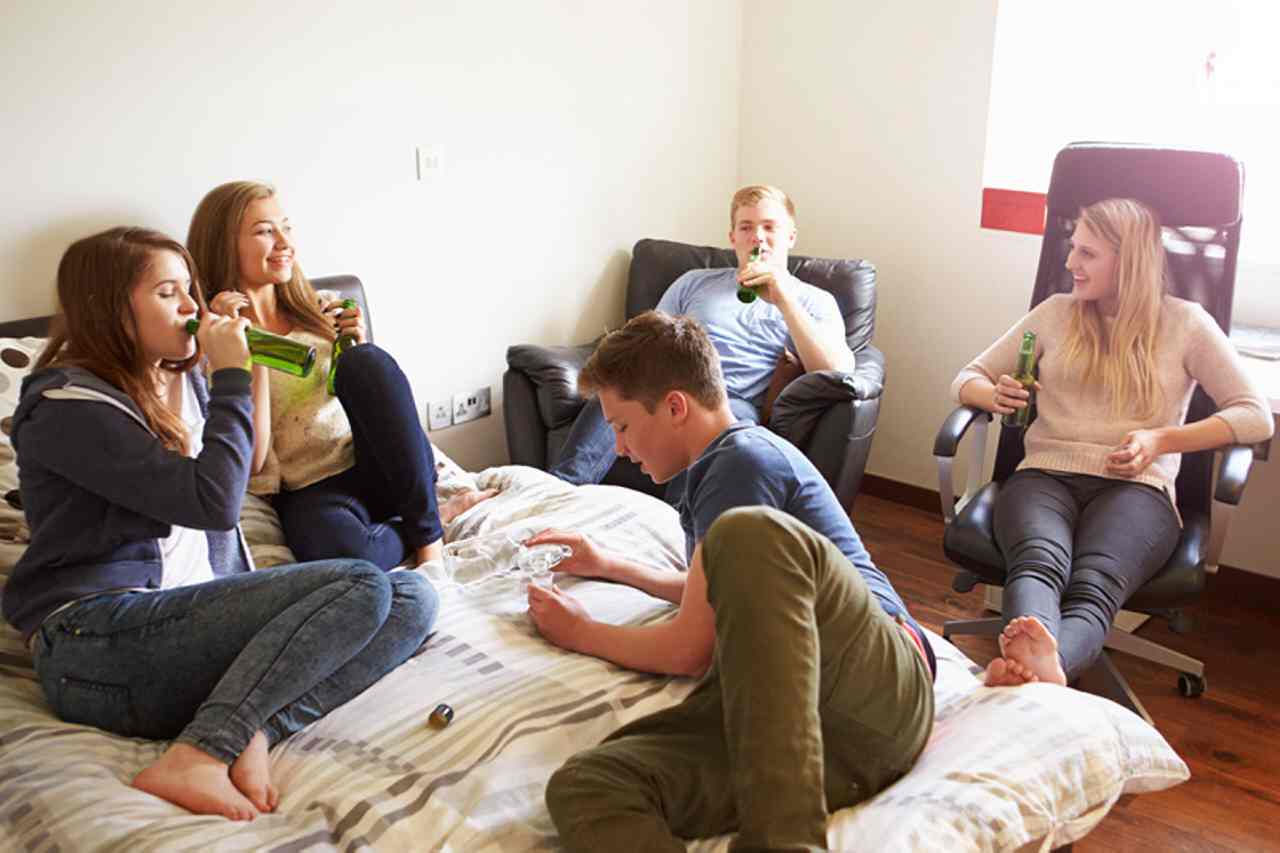
One in 5 children experiences concussion – so how are you going to spot the indicators of a head knock, and what must you do subsequent?
Tough and tumble – whether or not by means of sport or play – is a part of a wholesome childhood journey.
However rigorous play does carry a threat of harm, starting from just a few scrapes and bruises to one thing extra severe.
Concussion, often the results of a knock to the pinnacle, is a fairly widespread childhood harm, with one in 5 children experiencing one by the age of 10.
In youthful children, concussion is often brought on by a fall, whereas in older children it principally happens whereas enjoying sport reminiscent of footy, rugby or soccer.
“Concussion is the mildest type of a head knock,” Murdoch Youngsters’s Analysis Institute theme director Professor Vicki Anderson says.
“One of many parts of the definition of concussion is you’ll be able to’t see any abnormalities on a scientific mind scan, it’s not essentially inflicting important mind harm.
“Nevertheless it’s severe, as a result of if it’s not recognized and handled early, children can have ongoing signs.”
In a current examine, Prof Anderson and fellow researchers discovered as much as 36.7 per cent of children skilled psychological well being points reminiscent of despair and post-traumatic stress after a concussion, whereas 20 per cent skilled issues with aggression and a spotlight.
- Rising up: 7 sorts of play which might be superior for youths
The hyperlink between concussion and psychological well being circumstances
In line with the analysis, having a pre-existing psychological well being downside was the strongest indicator of post-concussion psychological well being points (29 per cent). However 26 per cent of children with out earlier psychological well being considerations went on to develop signs.
“Literature tells us females are extra weak (to post-concussion psychological well being points), adolescents are extra weak, (particularly) adolescents which have a extra anxious temperament, or children which might be actually excessive achievers,” Prof Anderson says.
Prof Anderson says early identification of psychological well being difficulties ought to change into a part of normal concussion administration.
“Psychological well being issues have a tendency to not rear their head till after the bodily issues are sorted,” she says.
“If there’s probably not early therapy and administration of their concussion… in the event that they sit round for days not capable of be concerned in any exercise, worrying what the implications are going to be, it appears to be a threat issue (for post-concussion psychological well being issues).”
- Psychological test: Why are children getting so anxious?
spot widespread indicators of concussion
It’s vital to search for indicators of concussion even when there was no apparent knock to the pinnacle, Kidsafe Victoria basic supervisor Jason Chambers says.
“A concussion can happen when there’s impression wherever on the physique that causes the pinnacle to shake or twist,” he says.
The brand new HeadCheck app, developed by MCRI and The Royal Youngsters’s Hospital, could assist care-givers recognise a concussion and reply.
“Mother and father or coaches can put within the speedy signs they’re seeing after a toddler has had a head knock, and it will probably assist establish the extent of severity and the way to reply – name an ambulance, go to the GP – however for most youngsters it’s simply watch the kid, and if they’ve any further signs or they worsen then they should go to hospital,” Prof Anderson says.
Indicators and signs of a concussion embrace:
- Dazed look
- Headache
- Nausea/vomiting
- Unsteady ft/dizziness
- Altered consciousness
- Confusion
- Incorrect responses to questions (i.e. reminiscence loss)
- Clutching head
- Gradual actions
- Sensitivity to vivid lights and loud noises
- Issue concentrating
- Feeling foggy, gradual or “not fairly proper”
Can concussion be prevented? Do helmets assist?
Specialists say apart from in particular sports activities reminiscent of cricket or biking, helmets is probably not sensible for basic use.
“There isn’t a definitive proof that helmets stop concussion,” Jason says.
Prof Anderson says helmets could even do extra hurt than good.
“Physiologically, children’ heads are comparatively large on their our bodies so it’s a giant weight on there, and by placing a helmet on their head, you will increase the chance of a neck harm,” she says.
“Numerous literature tells us for those who put a helmet on a toddler they may really feel they’re invincible and should exit and do issues which might be a bit dangerous.”
Whereas a variety of focus has been placed on lowering the incidence of concussion in organised sport, Prof Anderson says some accidents are inevitable.
“I don’t like the concept of wrapping children up in cotton wool,” she says.
“In the event that they’re not enjoying sport and getting out and getting energetic, they’re sitting on screens or they’re doing nothing and getting overweight and having different well being issues. I believe it’s a matter of steadiness.”
- Play secure: stop dental accidents in children
Written by Claire Burke.

